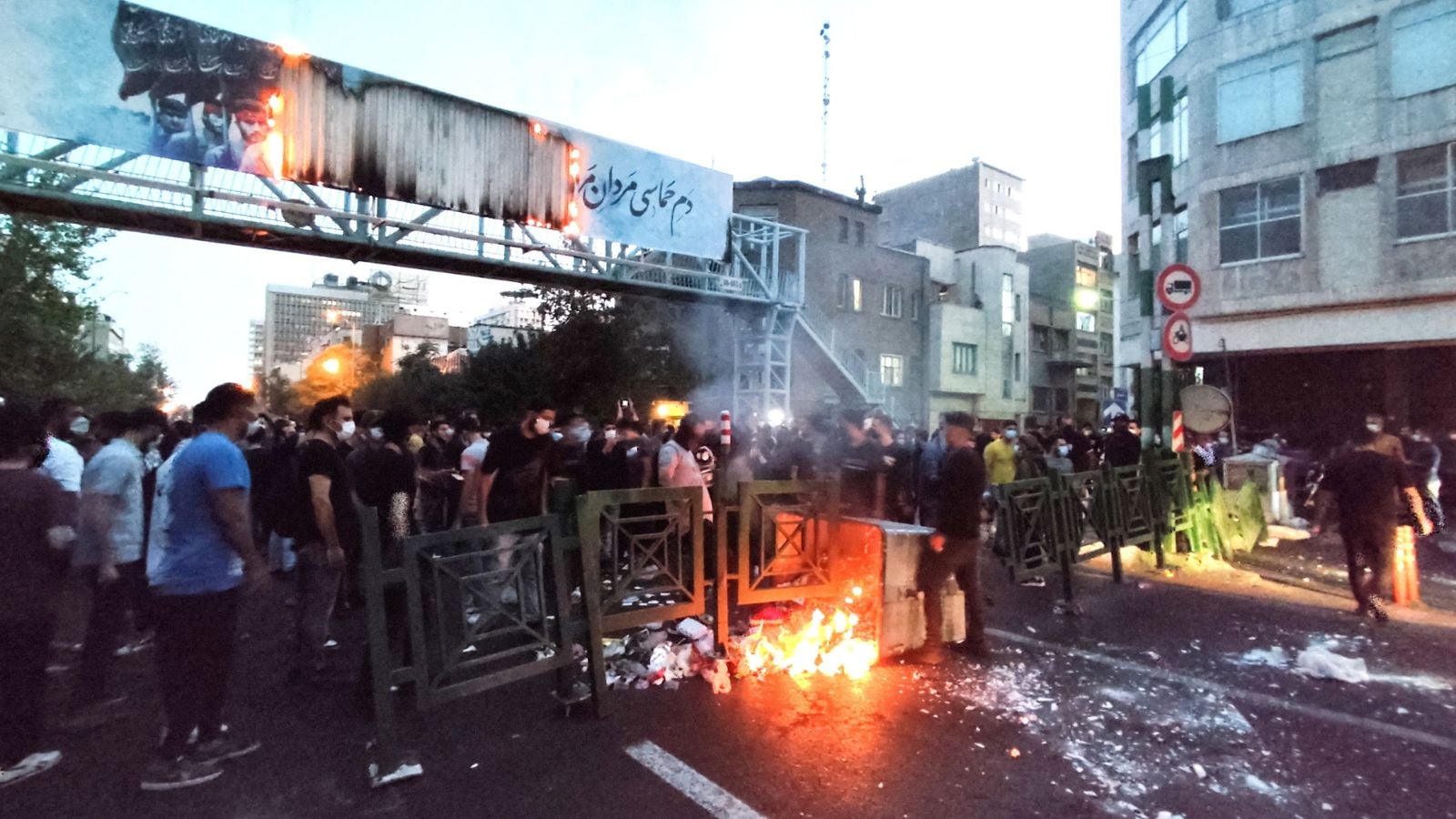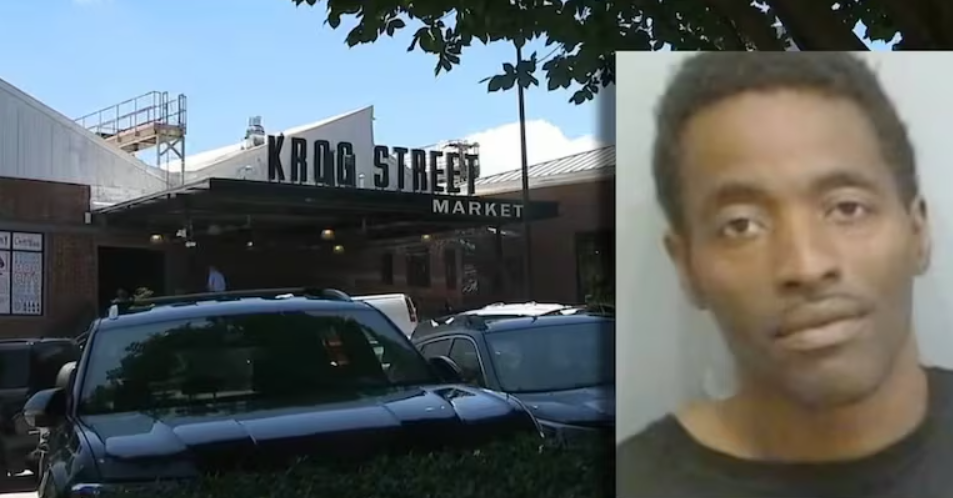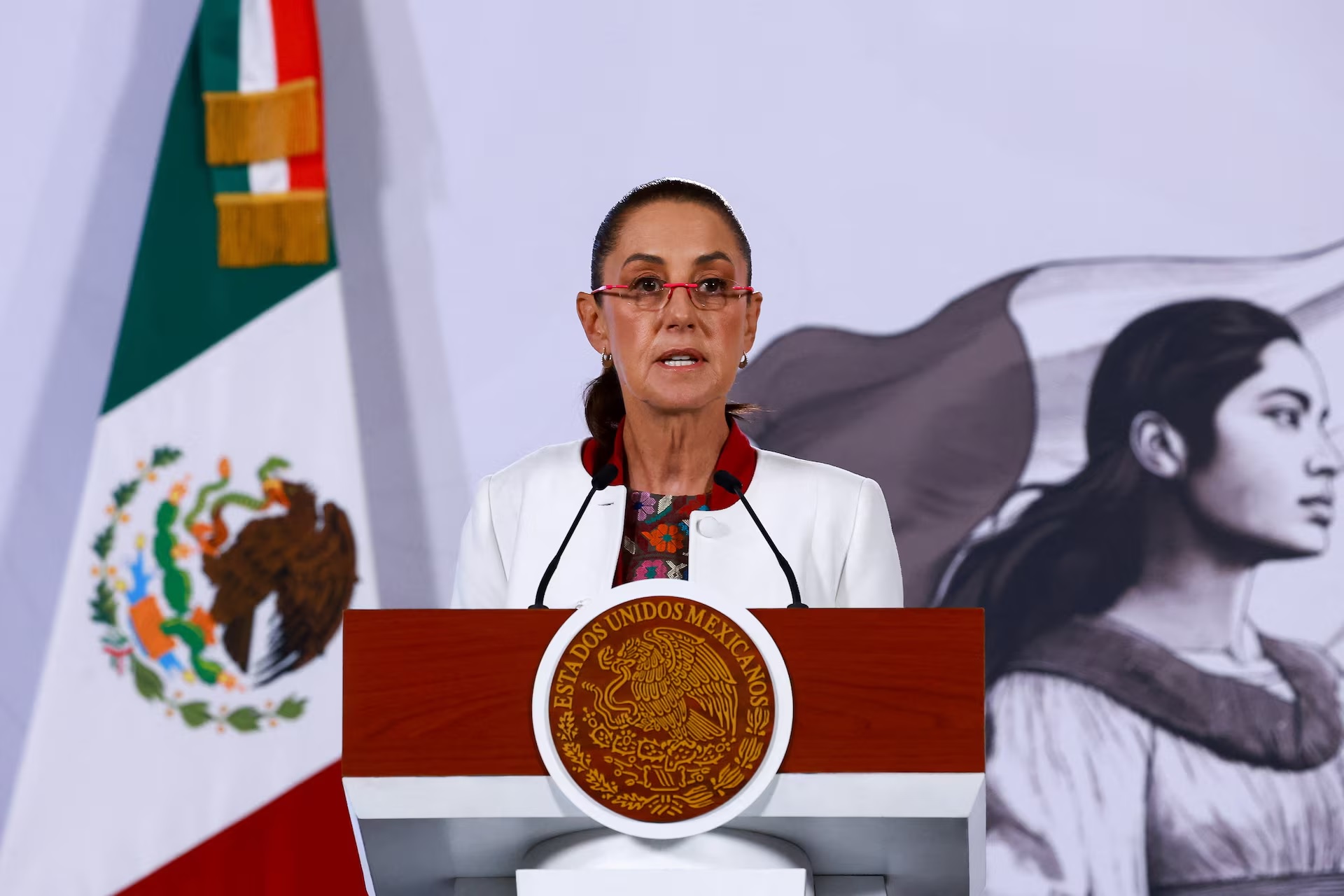Chile’s Presidential Race Tilts Right as Crime and Migration Dominate Debate

Crime fears and border security reshape campaign
Chile’s next presidential election is still months away, but the political mood has already moved noticeably to the right. Conservative and hard-right candidates are using rising public anxiety over crime, drug trafficking and irregular migration to frame the contest as a referendum on security and order. Their speeches focus heavily on policing, tougher sentencing and tighter border controls, and they are drawing bigger crowds in urban districts that once leaned toward the center-left. Polling cited by local media suggests that voters who previously prioritized social reform now put safety and migration at the top of their lists.
The shift reflects years of frustration over stalled constitutional reform and uneven economic recovery after the pandemic. Many Chileans feel that promises made during the 2019 protest movement have not translated into better jobs or public services, while headlines about gang violence, extortion and foreign crime groups have multiplied. Conservative contenders are promising rapid deployments of more carabineros, expanded surveillance powers and closer coordination with neighboring states to break up cross-border networks. Left-leaning candidates warn that this rhetoric risks stigmatizing migrants, especially Venezuelans and Haitians, but they are also under pressure to show they can keep streets safe.
Campaign rhetoric turns to migration and regional dynamics
Migration has become the second major pillar of the campaign, tied directly to voters’ sense of social stability. Candidates are debating whether Chile should remain a magnet for regional migrants or impose new restrictions, including faster deportations for anyone convicted of crimes. Conservative hopefuls argue that previous governments were naive about border management and allowed organized groups to take advantage of humanitarian policies. Their proposals include new fencing in key northern corridors, biometric checks and more joint operations with Peru and Bolivia.
Progressive and centrist candidates counter that Chile cannot simply shut its doors and still claim regional leadership on human rights. They are calling for more resources for local municipalities that host migrant communities, faster processing of asylum claims and labor inspections to prevent exploitation. Civil society groups are urging all campaigns to avoid framing migrants as criminals, warning that hate incidents and online harassment are already increasing. Whatever the outcome, the campaign is likely to set the tone for Chile’s broader debate about how to balance security, economic needs and its longstanding image as one of Latin America’s more stable democracies.






















